I have recently returned from a BU Santander Staff Mobility sponsored trip to Lima (Peru) where I visited Pontificia Universidad Catolica de Peru (PUCP). PUCP is one of the oldest, largest and most prestigious private institutions of higher education in Peru which offers circa 50 undergraduate and over 70 postgraduate degrees with the total student population of around 22,000 (Figure 1). The purpose of the visit was to enhance existing and establish new contacts with Peruvian academics whose interests revolve around the remits of sustainable urban development, food waste management, and poverty alleviation.
As part of my visit, I delivered a series of guest lectures to the student and academic staff communities at PUCP. The content of these lectures was shaped around the topic of food waste management as applied in the context of household consumption, grocery retail, and hospitality. The lectures highlighted the outcome of the case studies that have recently been carried out by academics in the Faculty of Management at BU in the UK sectors of interest. The lectures were well attended and attracted numerous questions given the growing magnitude of food waste generation in Lima which is in part due to inefficient managerial practices adopted by the local hospitality and grocery retail operators alongside irresponsible consumer behaviour.
A research seminar was also organised for members of the CONURB (Urban Development, Governance and Social Housing) research group at PUCP where the issues of urban poverty and food security as applied to the realm of Lima, a large and rapidly growing metro area in Latin America with substantial levels of societal inequality, were discussed. The research seminar was supplemented with a study visit to one of the largest slum areas of Lima. These are usually located on the city slopes (Figure 2), poorly regulated and characterised by the prevalence of severe issues of socio-economic (for example, malnutrition, poor hygiene and limited access to education) and environmental (for instance, restricted water supply) nature. A number of research contacts were made and a number of promising research directions were identified during the visit and it is envisaged that these will be sustained and explored in more detail in the future.
The visit has enhanced research capacity and research reputation of BU in Peru and outlined a number of potential collaborative opportunities to pursue with academics at PUCP / CONURB. Furthermore, the visit has already generated some tangible outcome as a joint application for seed research funding has been submitted to Ecoinvent, a Switzerland-based consultancy which collates environmental impact related data on various industrial and societal processes, both in developed and developing economies, and subsequently approved (total value of the grant is £35,823). Another application for research funding with academics from CONURB has been submitted to Ecoinvent and is currently awaiting a decision.
For more information about this project, please contact Dr Viachaslau Filimonau, Senior Lecturer in Hospitality Management in Faculty of Management, at vfilimonau@bournemouth.ac.uk
Figure 1 Figure 2



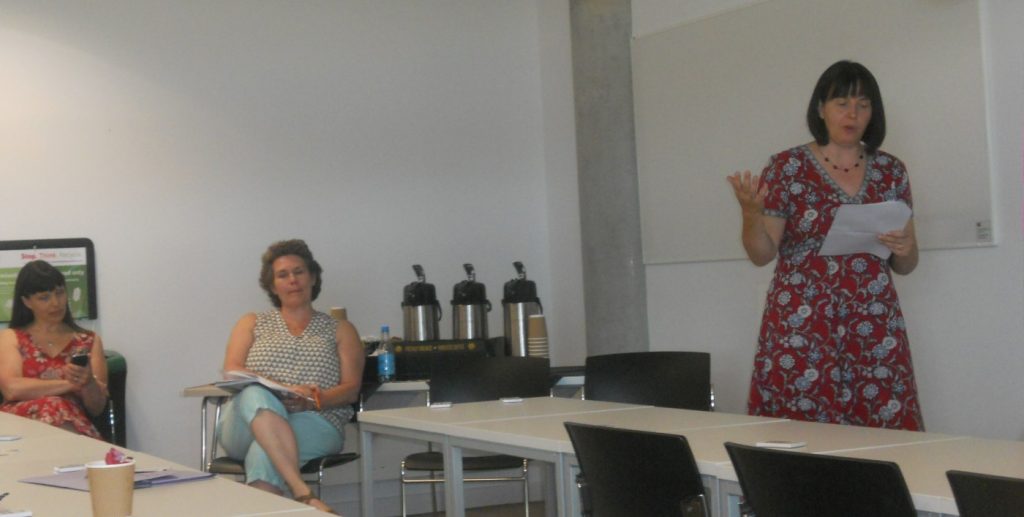

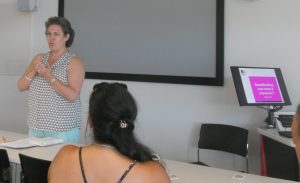










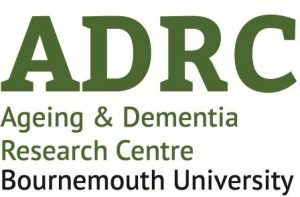
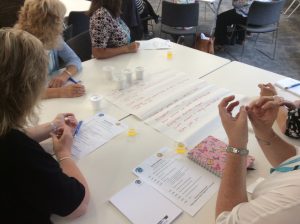

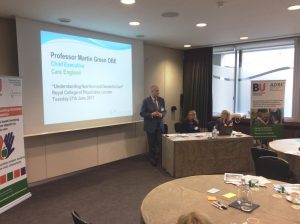
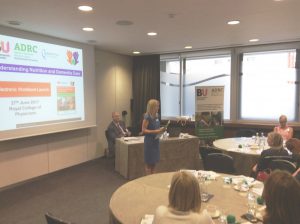
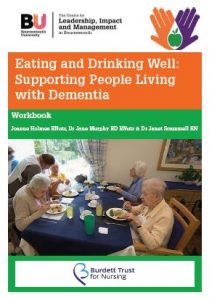
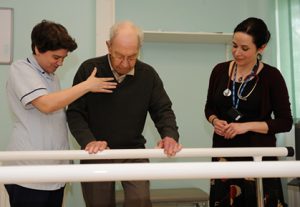
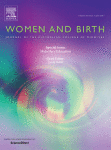










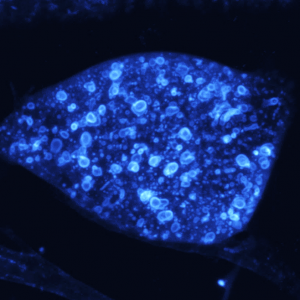 esearch, (led by me, Dr Paul Hartley), was recognised at UK Kidney Week in Liverpool last week. We were invited to speak about our fruit fly model of human renal disease, work that has been variously supported by grants from the British Heart Foundation and Kidney Research UK. The conference was an excellent opportunity to showcase the model and highlight our current collaborations with consultant-scientists based at Great Ormond Street Children’s Hospital as well as a number of different groups at the University of Bristol, the University of Osnabruck in Germany, Harvard Children’s Hospital and the University of Edinburgh. The research work is based in Dorset House labs and is supported by a wide network of talented people within BU as well as our undergrad and post-grad students.
esearch, (led by me, Dr Paul Hartley), was recognised at UK Kidney Week in Liverpool last week. We were invited to speak about our fruit fly model of human renal disease, work that has been variously supported by grants from the British Heart Foundation and Kidney Research UK. The conference was an excellent opportunity to showcase the model and highlight our current collaborations with consultant-scientists based at Great Ormond Street Children’s Hospital as well as a number of different groups at the University of Bristol, the University of Osnabruck in Germany, Harvard Children’s Hospital and the University of Edinburgh. The research work is based in Dorset House labs and is supported by a wide network of talented people within BU as well as our undergrad and post-grad students.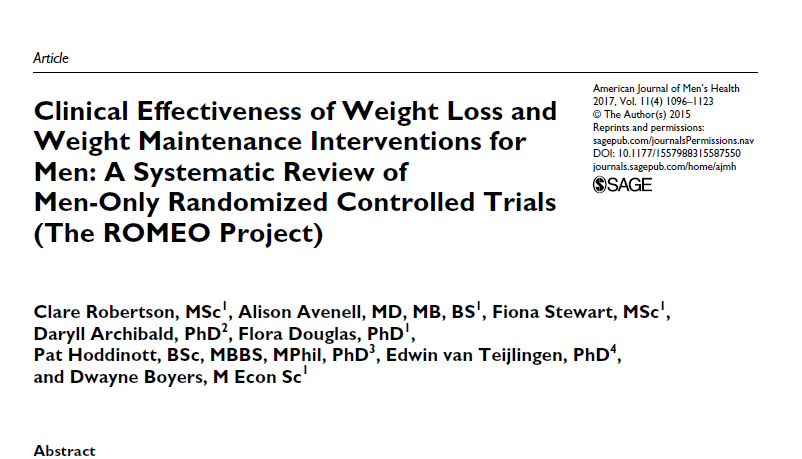
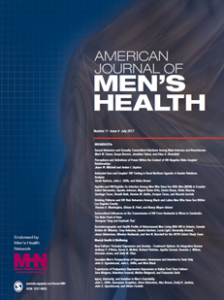
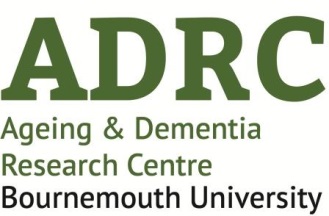 Having just completed my Undergraduate degree in Psychology, I have embarked on a summer Research Assistant position working with the Ageing and Dementia Research Centre (ADRC) here at Bournemouth University. I will be working closely with an expert team within the research centre – Dr. Michele Board, Dr. Jane Murphy, Dr. Michelle Heward, and Ashley Spriggs, who hav
Having just completed my Undergraduate degree in Psychology, I have embarked on a summer Research Assistant position working with the Ageing and Dementia Research Centre (ADRC) here at Bournemouth University. I will be working closely with an expert team within the research centre – Dr. Michele Board, Dr. Jane Murphy, Dr. Michelle Heward, and Ashley Spriggs, who hav e all dedicated their careers to this particular field.
e all dedicated their careers to this particular field.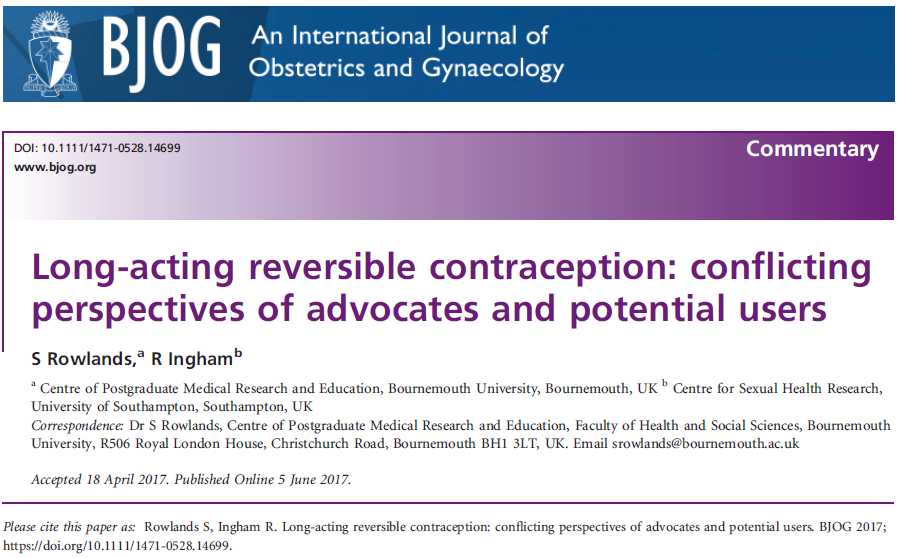











 Beyond Academia: Exploring Career Options for Early Career Researchers – Online Workshop
Beyond Academia: Exploring Career Options for Early Career Researchers – Online Workshop UKCGE Recognised Research Supervision Programme: Deadline Approaching
UKCGE Recognised Research Supervision Programme: Deadline Approaching SPROUT: From Sustainable Research to Sustainable Research Lives
SPROUT: From Sustainable Research to Sustainable Research Lives BRIAN upgrade and new look
BRIAN upgrade and new look Seeing the fruits of your labour in Bangladesh
Seeing the fruits of your labour in Bangladesh ECR Funding Open Call: Research Culture & Community Grant – Apply now
ECR Funding Open Call: Research Culture & Community Grant – Apply now ECR Funding Open Call: Research Culture & Community Grant – Application Deadline Friday 12 December
ECR Funding Open Call: Research Culture & Community Grant – Application Deadline Friday 12 December MSCA Postdoctoral Fellowships 2025 Call
MSCA Postdoctoral Fellowships 2025 Call ERC Advanced Grant 2025 Webinar
ERC Advanced Grant 2025 Webinar Update on UKRO services
Update on UKRO services European research project exploring use of ‘virtual twins’ to better manage metabolic associated fatty liver disease
European research project exploring use of ‘virtual twins’ to better manage metabolic associated fatty liver disease